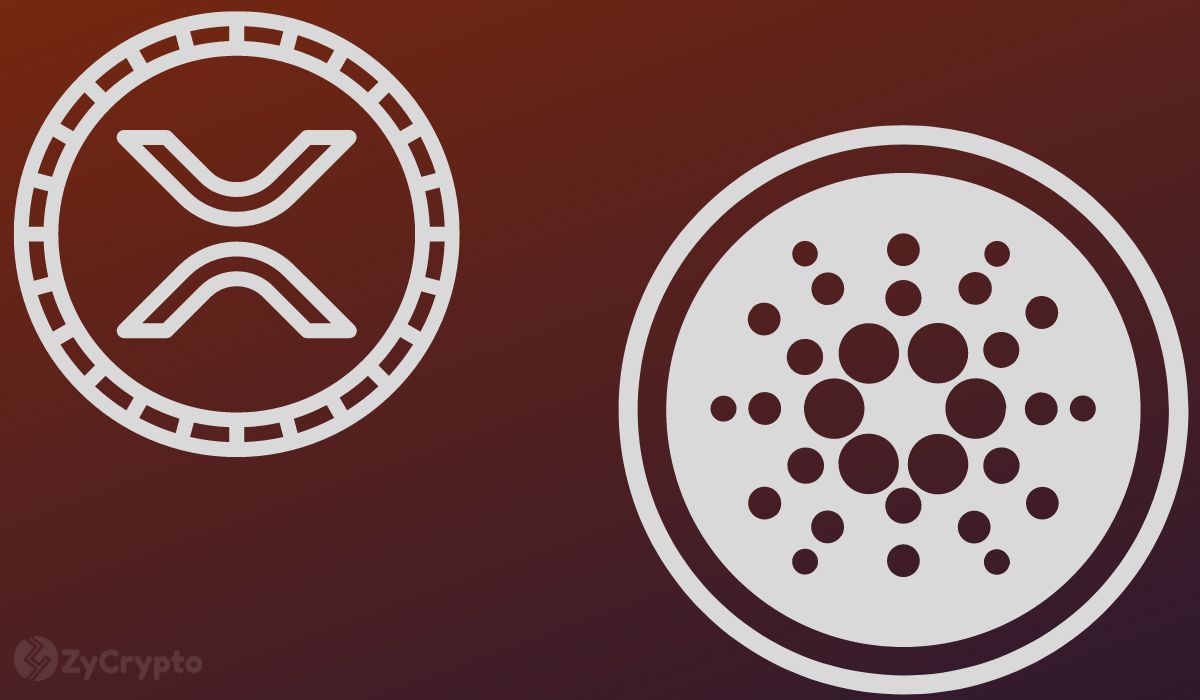With market caps of $119 billion and $30.52 billion, respectively, XRP and Cardano are among the top 10 cryptocurrencies globally.
Yet, these prominent blockchains continue to face scrutiny over their relevance and use cases. Messari co-founder Ryan Selkis has emerged as one of their most vocal critics, reigniting hostilities with their communities in a series of provocative posts on X.
“Harsh Words” for XRP and ADA Communities
On December 15, Selkis targeted the XRP and Cardano communities on X (formerly Twitter), describing them as “the loudest and least valuable bot groups” in the crypto space. He challenged them to deliver real products and prove their user bases exist.
“The XRP and ADA ‘communities’ are the loudest and least valuable bot groups on X. Ship something, and then I’ll respond. Where are the users?” Selkis posted.
Selkis’ criticism comes as both XRP and Cardano experience increased activity.
X community notes fired back with data suggesting that Cardano performed 280,000 transactions on December 12th, which is 20% to 60% of the current transaction volumes of both ETH and BTC, while interacting with only 2% to 8% of their respective market capitalizations.
In the meantime, XRP remains one of the top digital assets, with Ripple stating continued expansion in payment channels operating on its digital infrastructure.
Renewed Tensions with Ripple
Selkis’ recent tirade also included attacks on Ripple, the company closely tied to XRP.
He dismissed speculation about Ripple’s political influence after the company’s Chief Legal Officer Stuart Alderoty was seen in a photo with presidential candidate Vivek Ramaswamy.
Selkis criticized Ripple in a tweet filled with references to Pulp Fiction, calling XRP “a piece of shit” and labeling Ripple as “the drowning victim of crypto.”
He has consistently argued that XRP’s primary purpose is to enrich insiders, a claim Ripple’s executives and community deny.
Cardano’s Longstanding Omission
Cardano’s community has similarly been at odds with Selkis. The Messari co-founder excluded Cardano from the firm’s 2024 “Crypto Theses” report, citing insufficient economic activity. Selkis argued that blockchains without substantial usage did not merit inclusion.
“It’s simple math. I find block space to be a commodity product and only covered the top ecosystems by economic activity. I omitted a TON of projects because the only chapter on Layer1s was 15 pages of a ~200 page report.Our team otherwise does excellent research on Cardano,” Selkis wrote in December 2023.
Despite this, Cardano has seen notable growth in network activity. Developers are actively building decentralized applications (dApps) and advancing its ecosystem, which includes innovative projects like Hydra, a scaling solution designed to enhance transaction throughput.
XRP and Cardano Communities Push Back
Selkis’ latest remarks have drawn sharp responses from XRP and Cardano supporters. Community members have cited data highlighting increasing transaction volumes and active use cases as evidence of the relevance of the blockchains.
While Selkis’ critiques are divisive, they reflect broader debates in the crypto industry about utility, decentralization, and long-term sustainability.
The feud between the Messari co-founder and these communities appears far from over, with both sides entrenched in their positions.
